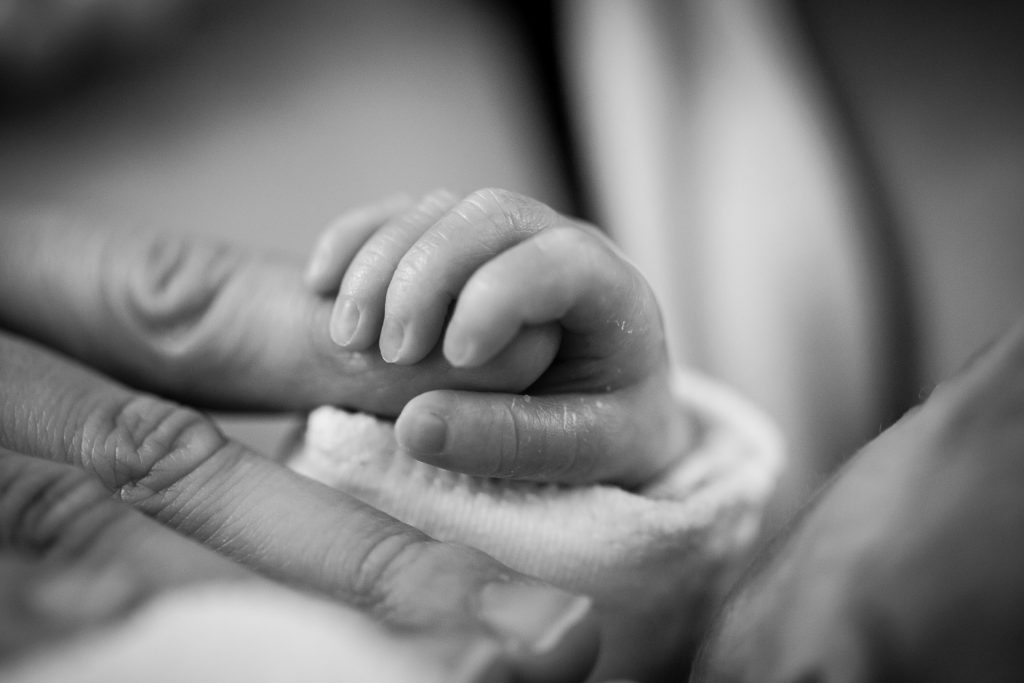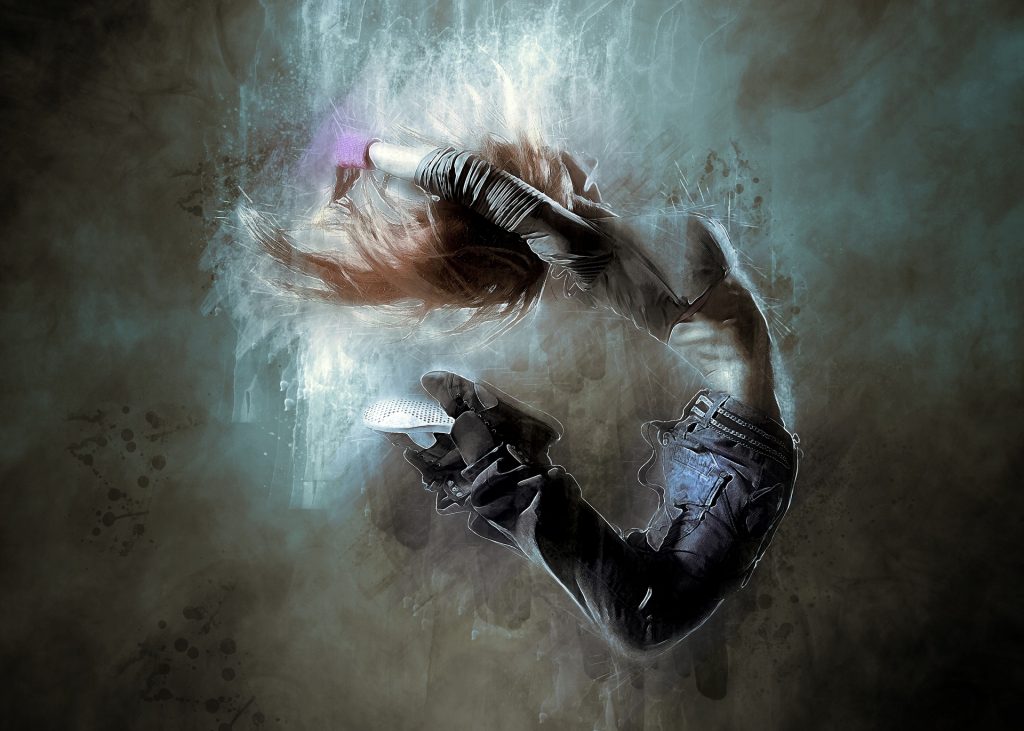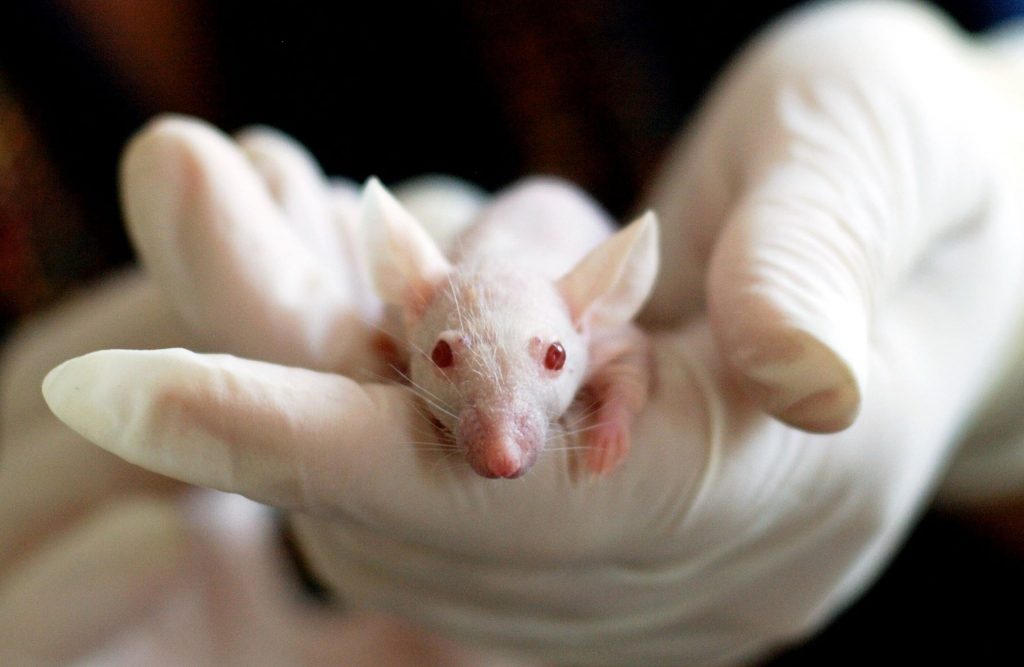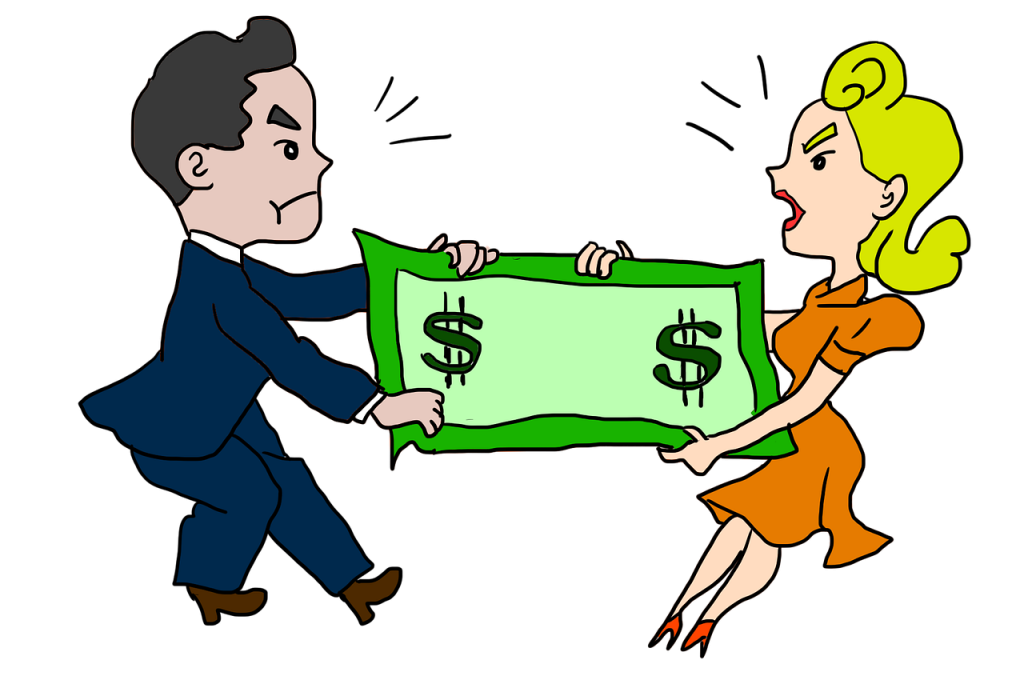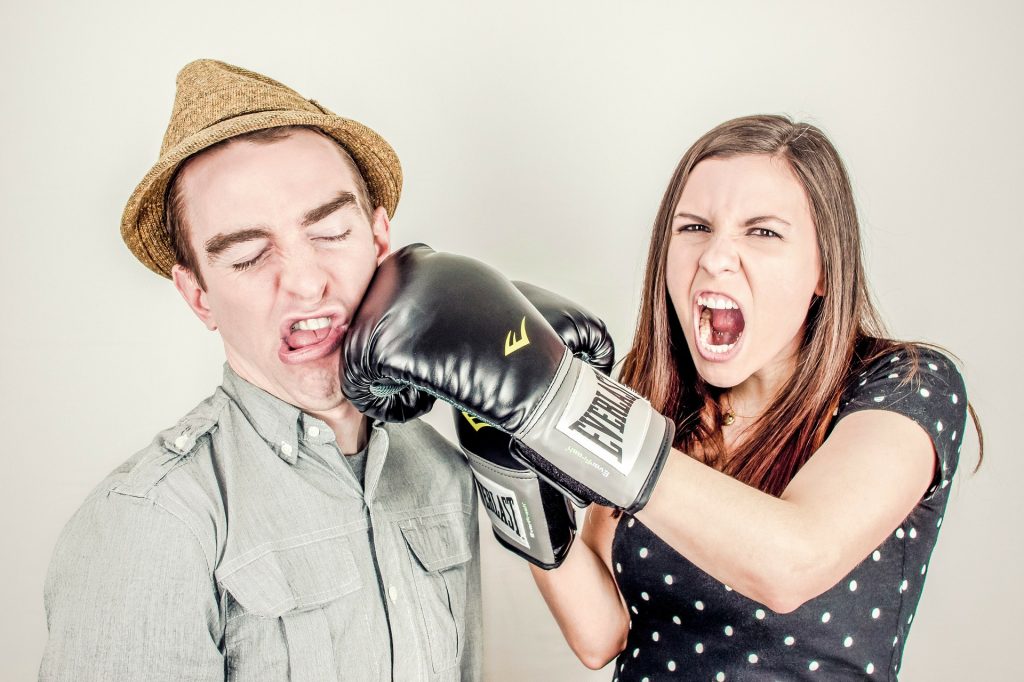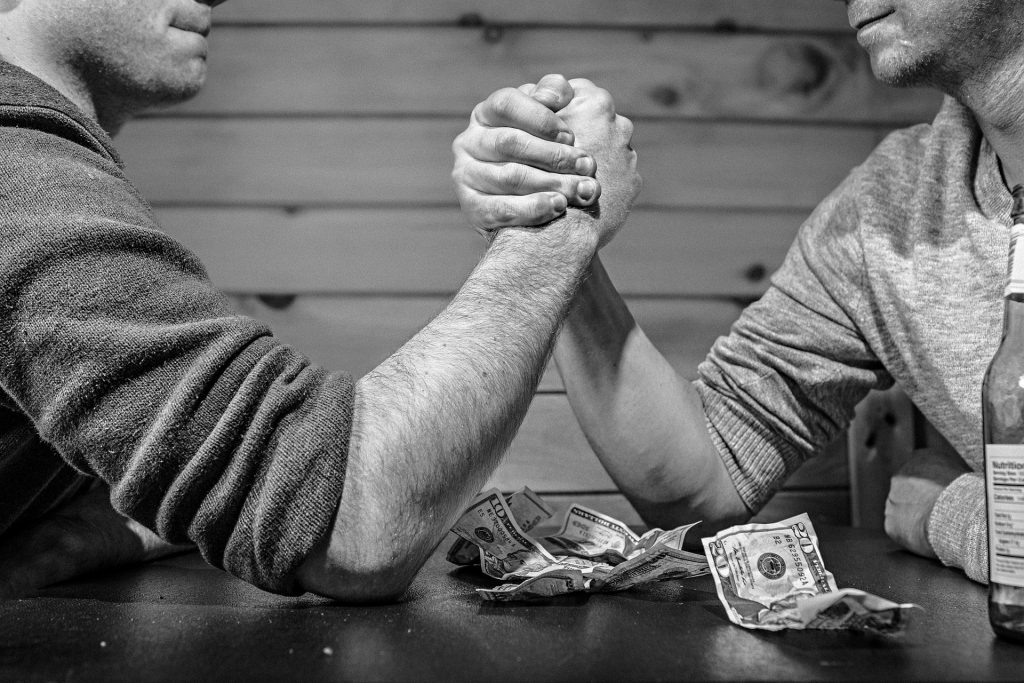Don’t be the Victim
Many times in our life we come across situations where we are verbally attacked or bullied totally unexpectedly by people within our regular environment. This could be by a work colleague, a neighbour or even family.
At these times it`s very easy for us to fall into a victim type mentality after the occurrence. Living in fear that it might happen again, or just reeling with embarrassment or insecurity after the incident.
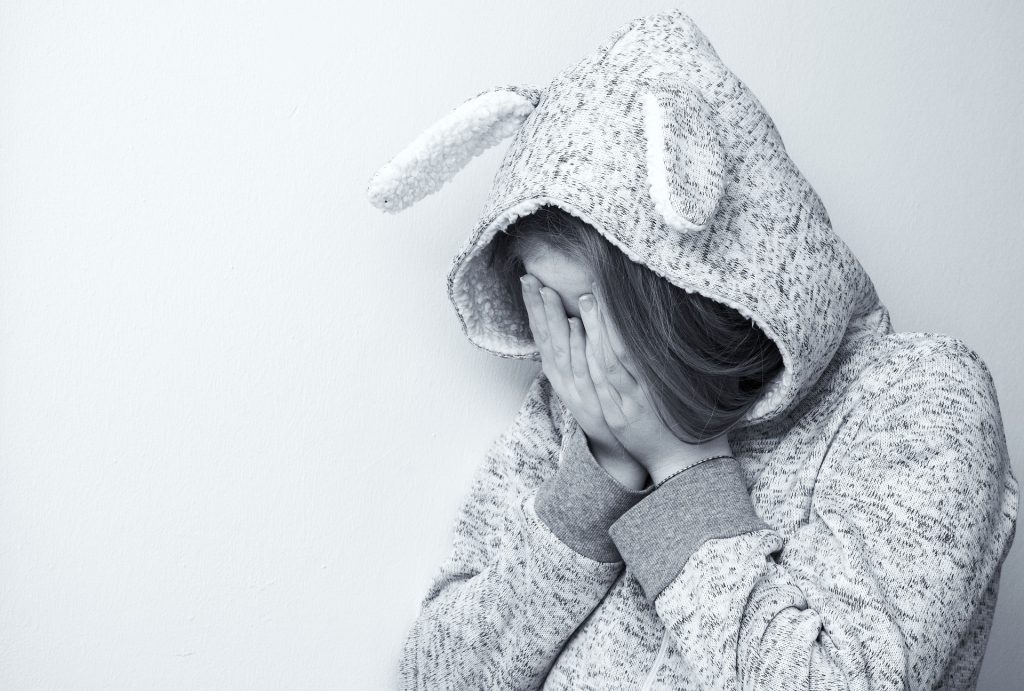
Now in truthfulness you might well be a victim of some unprovoked insult or behaviour, but whether the oppressive feeling of still being a victim after the incident has passed is more down to our mental choice than the aggressors.
Initially when any of these occurrences happen, whether they be an angry word from a neighbour or dirty looks at the coffee machine they can be disturbing, but it`s what you do with that feeling after the occurrence has initially passed that we need to address and reflect upon.
Action
Firstly we need to analyse ourselves within the incident and could we have avoided it.
- Did we do anything that could’ve acted as a catalyst to the incident?
- Ask the same question again, only this time we have to be even more honest with ourselves and ask how we were perceived by others at this time.
The point of this is not to apportion any blame here, but if we can spot anything within our behaviour that could’ve antagonised the situation or we`re not that proud of, it gives us an opportunity to learn a little more about ourselves and what not do next time.
Secondly we need to look at the aggressor.
- Were we aware of any existing bad feeling already?
- If not why do we think they lashed out at us?
We can look at it this way because any confrontation can only have two sides at any one time. And as we are one of those we can control 50% of the situation.
Let`s just say a co-worker has said something insulting to us in front of others and now we feel embarrassed and a little victimised. Let`s think about why we still feel victimised and threatened by the aggressor after the situation has occurred.
Maybe we are afraid that it will be repeated. Maybe we feel others around at the time are now feeling the same way and now we feel embarrassed.
Firstly let`s think about the primary aggressor in the incident.
- Do we feel mentally or physically inferior to this person?
- If we met them in a different environment without any prior knowledge would we be fearful of them?
If the answer to these questions are both No, then our feeling of victimisation is purely down to the fact of how they acted. Now if we know that any of their actions that they can perform are not superior in either a physical or mental capacity to ourselves, we can mentally take that confidence into any future potential confrontation, knowing that we are at least equal on these fronts.
Moving Forward

After any confrontation we always have a whole bunch of regrets. “ We should’ve said this ”, “We should’ve done that” but in truthfulness we didn’t for a number of reasons and we can`t turn back time so basically we have to shut that out and move on from the past.
In situations like this we commonly feel uncomfortable and filled with a little dread at a potential repeat incident. Because of this it`s very easy to put the other person on a metaphoric pedestal, and for us to feel like they stand above us looking down. But as we noted before, we don`t necessarily believe them to be superior to us, so we must stand on the same pedestal.
It`s not about knocking people down or analysing the other person`s weaknesses but more about recognising our strengths and positives.
I always remember having a dream some years ago where I was the main character in some sort of Hollywood movie. I was this FBI type agent hunting down some sort of serial killer (Too much TV again!) I had lost my gun and was in some disused damp warehouse (as they always are at the end of these films) and I was now being hunted by this killer. Running for my life and hiding from him. It suddenly dawned on me that my foe did not have a gun either or any major form of weapon. He was at least 30-40 years my senior and probably wasn’t as strong. Suddenly within my dream I realised this, so I stood out of the shadows armed with the confidence that with my non-existent FBI training, “I could take him”. At this moment I woke up.
That dream has stayed with me ever since, as being a victim or feeling inferior is mostly a matter of perception in most circumstances.
Once we truly recognise that the other person isn’t superior.
Maybe they do have more friends. Maybe they have been at our workplace longer.
But neither of those make them superior, it is purely situational and those attributes are easily achieved.
It`s all a matter of confidence in ourselves.
In the past we might’ve used the fact that we were innocent and yet still picked upon as proof that life isn’t fair for the righteous ya de yah….
Now we have to use the fact that we were morally correct in our last confrontation and use that to give us just a tiny bit of extra confidence in moving forward.
There is no reason to for us to feel apprehension at the next encounter with this person. We already know we are at least their equal, and now armed with the fact that we were morally correct in our last meeting, we should welcome our next chance to cross paths, not for confrontation but just so that we can gain even more confidence and familiarity.
Absence can paint a much more daunting picture of someone in this particular situation, so don’t be too wary, just be aware that your relationship has potential for confrontation. But if you have an element of control over the timing of the situation, that is another variable taken out of the hands of the other person, weighing in just another tiny bit of confidence your way.
The dictionary says about a victim
“a person who has come to feel helpless and passive in the face of misfortune or ill-treatment”.
We do not have to be passive or helpless in these type of confrontations we can regain an element of control.
We should not hope or want to control the other person in the exchange itself, but we can control the effect it has upon us.
We are in control of our feelings, however much at sometimes we might feel otherwise.
We always have the power to maintain the ability to control how others affect us.
Make it positive.
Don’t be the Victim Read More »

